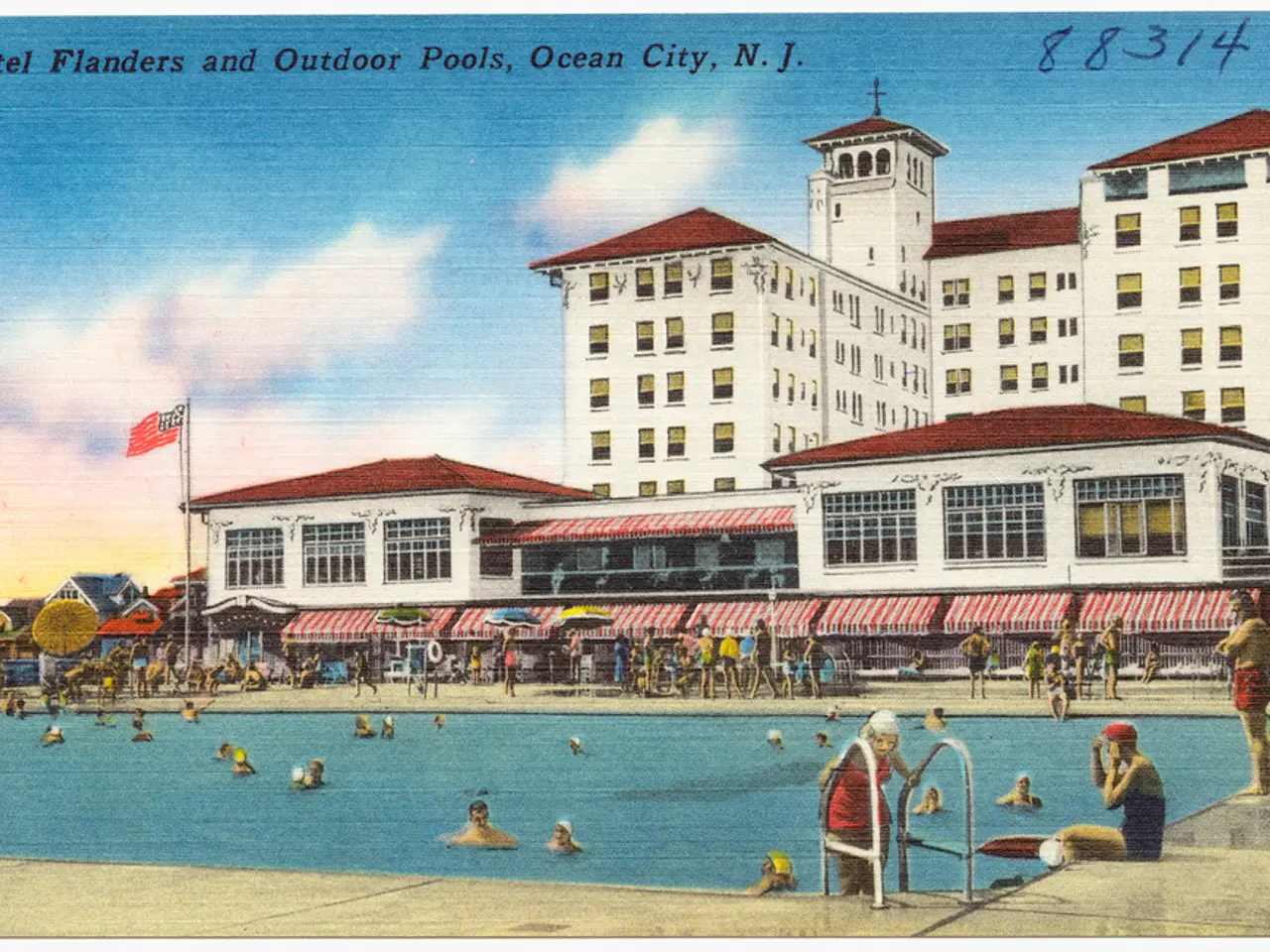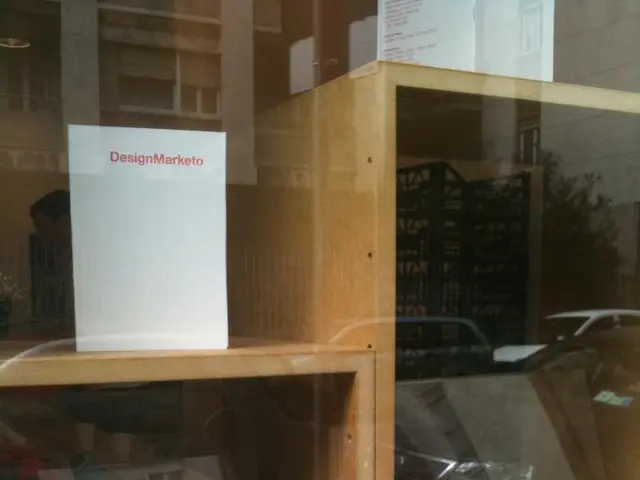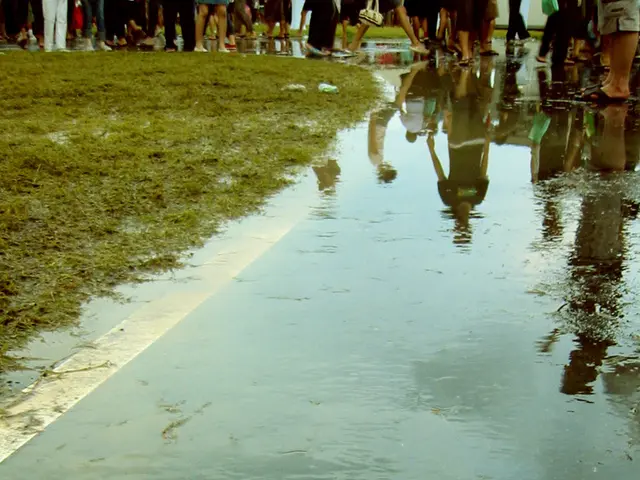"Immersing in the Seine River: 'We act as if it's unique, yet a hundred years without this experience feels abnormal'"
In a historic move, the city of Paris has reopened three free swimming sites on the Seine River, marking the end of a century-long ban due to pollution and safety concerns. This milestone, which took root in efforts to improve water quality since the 1980s, has significant environmental, social, and historical implications.
The ban on swimming in the Seine was enforced in 1923, primarily due to river pollution and navigation safety risks. Over the decades, the Seine was heavily polluted, making swimming largely considered unsafe. However, the revival of swimming in the Seine can be traced back to the 2024 Paris Summer Olympics, which catalysed major investment and cleanup efforts, with a €1.4 billion ($1.5 billion) project focused on improving water quality for Olympic swimming and triathlon events in the river.
The primary objective of this initiative is to make parts of the Seine safe and accessible for public swimming, transforming the river into a recreational asset once again. This initiative aims to reconnect Parisians and tourists with the river, promoting outdoor, urban water activities in a historically iconic setting. The project aligns with the broader global movement for swimmable cities, advocating for urban waterways as public spaces and universal human rights.
Environmental sustainability and public health are key priorities, with continuous water quality monitoring and infrastructure improvements like underground stormwater tanks to prevent pollution spikes. The opening also serves as a symbolic legacy of the Paris 2024 Olympics, showcasing Paris as a pioneer in urban water revitalization.
Providing free access to clean swimming sites on the Seine represents an effort toward environmental justice, ensuring equitable public use of natural resources in the heart of a major global city. The project may help reduce social disparities by offering inclusive recreational opportunities that were historically unavailable due to pollution and safety concerns.
However, some skepticism remains about water cleanliness and safety, reflecting ongoing challenges in fully addressing pollution and ensuring health equity for all users. The Seine swimming initiative is part of a broader vision embraced by cities worldwide, promoting the right to nature and urban waterways as common goods, which is a social justice framework.
Marine Calmet, a lawyer at Wild Legal, considers this approach an important step in terms of social justice. Wild Legal, an association that campaigns for the rights of nature, points out that guaranteeing access to water points becomes crucial due to the rise in global temperature.
The wading zones are positioned as a response to the growing concern over urban heat during summer seasons. They aim to reconnect Parisians with the Seine and create cooling points in urban areas. Pierre Rabadan, adjoint to Sports at the town hall, emphasizes the goal of targeting those who leave little or not at all on vacation.
The city of Paris opened three bathing sites in the Seine on July 5th, 2022. Swimming in the Seine is now free this summer in Paris. This small revolution for the Seine offers a hopeful model for other cities worldwide, demonstrating Paris's commitment to clean urban waterways, universal access to recreation, and the right of city dwellers to safely enjoy their natural environment.
- This small revolution for the Seine, with the reopening of three free swimming sites, is a significant milestone in environmental-science, marking a shift towards outdoor-living and sustainable use of urban resources in the heart of Paris.
- Marie Calmet, a lawyer at Wild Legal, considers the initiative an important step in promoting social justice, acknowledging the rising need for accessible water points in lifestyle choices, particularly in the context of climate-change and growing urban heat.
- As the city of Paris embarks on this venture, these bathing sites are not only a symbol of improved water quality and public health but also a testament to the city's dedication to home-and-garden aesthetics, transforming the Seine into a recreational asset once again.




